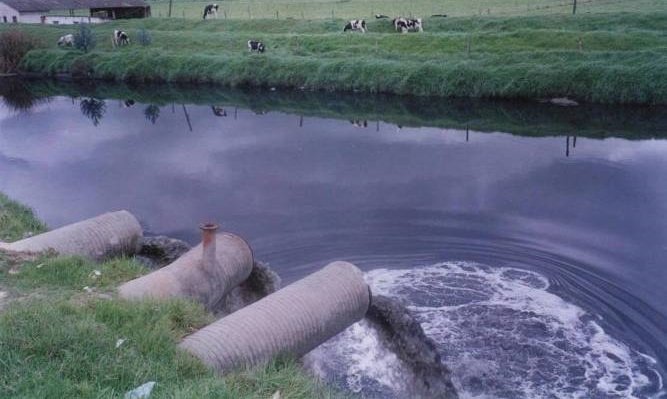Organic waste, hunger and famine
This note does not intend to point out a path, it only seeks to sow doubts in order to build it…
It happened several years ago, in a talk to health personnel when they were asked what happens to the material of the toilet once the handle that gives way to the water in the toilet is lowered; there was a long silence and at the end stammering voices pointed out the path: it goes to the river… The conversation continued with arguments that later will be reflected in this text, but now it is important to express the culmination of that meeting. A gentleman of the attendants expressed a funny and even overwhelming comment: I leave this talk to look for a cork because I am not going to resist the collective responsibility of such a natural act.
There is much talk today about the high cost of agricultural inputs and consequently the increase in the cost of the family food basket. It is a palpable reality; there is hunger in the world and, to make matters worse, it has two sources: hunger due to lack of food originating in the economic system and hidden hunger or malnutrition, originating in the agricultural and industrial system. The three systems combine to make every human being a cog in the wheel and to pretend the planet is a perpetual pantry.
The subsequent lucubrations of the gentleman who found some relief in the use of cork are unknown, but it is known that all the organisms of nature deliver to it the wastes of their metabolism so that they continue their circular route through the ecosystem and also that such wastes are deposited in situ; a clear example of this is the behavior of cats, who make a small hole in the ground, defecate there and then cover their feces. Domestic animals, except pet dogs, leave behind the aforementioned material, as do animals in the wild and, keeping their distance, vegetables, since, in their own way, they do the same; dry leaves, branches, rotten fruits, etc., fall to the ground to be decomposed by other organisms that in turn produce waste, which again produce waste… and the chain continues leaving behind nutrients that, taken by the roots of plants, would ultimately make the so-called hidden hunger non-existent.
This makes the soil a nourishing sponge that cradles water in part of its cyclical journey through the planet, supports roots and delivers nutrients that, metabolized by plants and animals, transform and expand into shapes, colors, sounds, smells and movements, making biodiversity a praise to life.
However, one, among all the species that share the Earth’s home, carries its solid waste as far as possible. The fecal matter sends it to the conveyor belt of the rivers, so far away that lowering the handle of the toilet erases the mentioned material from the considerations; dragged by the water it becomes a problem as the sum of small channels constitutes the great rivers.
Roughly speaking, it can be said that the metabolism of each adult person produces five kilos of nitrogen, one of phosphorus, one of potassium, twelve of carbon and two of calcium per year; multiplying this amount by the number of people would undoubtedly alleviate to a great extent the nutrients that the soil needs to produce food, with the advantage of being free nutritional elements… but it has become natural to resort to the industry of such elements produced by chemical synthesis, which entails high costs both in money and pollution. Several areas of knowledge have the social responsibility to shake off old paradigms, read nature and provoke change… Where is the audacity of engineering, physics, biology, education, to overcome the crisis of the ecosystem and civilization?
Human fecal matter, together with others coming from stables, stables and pigsties for example, can be a source of energy when through an anaerobic process it is transformed into a gaseous phase or methane gas, excellent fuel, and into a liquid phase to be used as a natural fertilizer for the soil. In other words, fecal matter can be transformed on the one hand, into a form of energy that adds to those such as solar, wind or small hydroelectric power plants and on the other hand, transformed into fertilizer that when applied to the soil, with due consideration of pathogen elimination, provides the nutrients required by plants and crops.
Organic household waste must also be redirected because today it is generally buried in sanitary landfills where it undergoes an imperfect anaerobic decomposition and, due to the amount of pollutants, neither of the two phases (gaseous and liquid) can be used because of the load of undesirable substances that their origin gives them.
While it is true that we are becoming aware of the convoluted way in which we inhabit the planet, it is also true that political will is required to join efforts and knowledge towards the design and construction of another paradigm, described in the framework of human rights and outlined in the objectives of sustainable development It should not be the current economic model that determines the administration of the planetary ecosystem; the economic model should be the product of the judicious reading of nature and the responsible inscription in its laws. Individual decisions are important, but it is the collective will, putting a face to waste, the way to sustain in time the evolution of life on Earth.
Lía Isabel Alvear.
February 18, 2022

